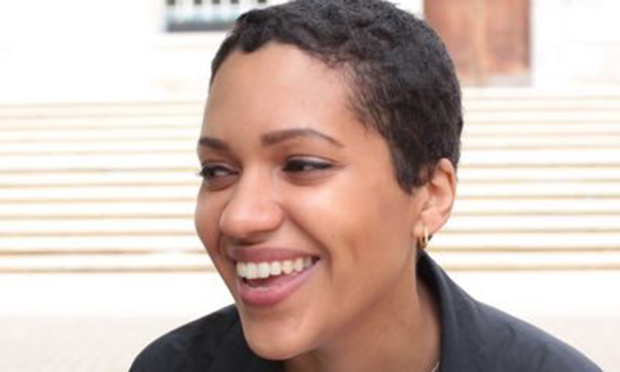School exclusions plummet during lockdown as home education spikes

School exclusions in Hackney have plummeted over the past year while the number of families opting to home-educate their children has jumped, according to new data.
The disproportionate representation of children from Black and Traveller ethnic backgrounds in the figures paints a “damning” picture, according to Cllr Sophie Conway, chair of the children and young people’s scrutiny commission.
In an update from Hackney Education, the commission was told that since September 2019 there have been 42 permanent exclusions from local secondary schools and none from primary schools.
Of that number, 40 took place in the autumn and spring terms of 2019/20, and two in the spring of 2020. Half of the pupils excluded came from a Black ethnic background.
Meanwhile, the borough saw a 268 per cent increase in elective home education (EHE) over attendance at school between March 2019 and December 2020, with the greatest increase taking place after schools reopened in September 2020.
At the peak in October 2020, there were 287 children being educated at home, up from 128 in the same month a year earlier.
With most parents citing Covid-19 as the reason for their decision, a report by wellbeing and education safeguarding boss Chris Roberts noted that “the growth in numbers, particularly for those from Black and Traveller ethnic backgrounds, aligns with anecdotal evidence of higher levels of concerns in relation to Covid-19 amongst these communities”.
Cllr Conway said: “On the point of disproportionality, it is encouraging to hear [officers] have been doing some work with families to unpick the reasons behind for example the increase in EHE, but what has struck me is that we are hearing about the same groups of young people throughout.
“We are talking about Black children, children from Travelling backgrounds, who are overrepresented, not just in exclusion statistics, but now also in the increase in EHE, but also in terms of poor attainment.
“It does not paint a particularly good picture. It feels like families are either opting out, don’t feel they are being adequately served by the services provided, or being excluded. Are we doing anything to really look at the picture this is painting because it feels to me to be quite a damning one?”
Roberts pointed to the Town Hall’s Young Black Men project, interventions around raising awareness of unconscious bias, development of a more inclusive curriculum, and the council’s No Year 7 Exclusions pilot programme.
The education officer stressed that tackling uneven outcomes is “very much a live issue” for his team.
It is understood an agency worker has now been engaged by the council to stay on top of assessments for home-educated children as numbers shoot up, with Roberts adding that one of the advantages of the recent decline in exclusions is a greater ability to engage with families keeping their kids at home.
Roberts’ report notes that it is “too soon to say” if the reduction in exclusions will be sustained post-pandemic, but he said that discussions are being had with headteachers about how to learn lessons from lockdown.
Echoing Deputy Mayor and former teacher Anntoinette Bramble, who has championed the No Year 7 exclusions programme in recent months, Roberts said his team were aiming to put in place similar preventative systems before children are excluded.
